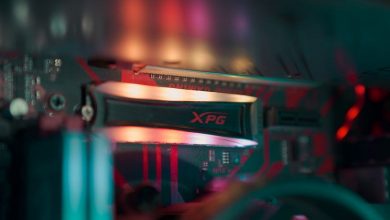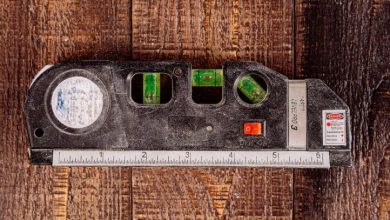Choosing between Gas and Electric Pressure Washers

When it comes to cleaning outdoor surfaces, a pressure washer is a powerful tool that can make the job much easier and more efficient. However, with so many options available, it can be difficult to decide between a gas or electric pressure washer. Both types have their pros and cons, and understanding these differences can help you make the right choice for your specific needs.
Power and Performance
One of the main differences between gas and electric pressure washers is the power and performance they offer. Gas pressure washers are typically more powerful, making them ideal for heavy-duty cleaning tasks. They are capable of delivering higher water pressure and flow rate, allowing them to tackle stubborn dirt and grime with ease. On the other hand, electric pressure washers are generally less powerful but still suitable for most household cleaning tasks. They provide enough pressure to clean driveways, decks, and patio furniture effectively.
Portability and Mobility
Another factor to consider is the portability and mobility of the pressure washer. Gas pressure washers are typically larger and heavier than their electric counterparts. They require a gasoline engine to operate, which means they are not limited by the length of an electrical cord. This makes gas pressure washers more portable and suitable for larger areas or locations without a nearby power source. Electric pressure washers, on the other hand, are lighter and more compact, making them easier to maneuver and store. They are perfect for smaller spaces or tasks that require frequent moving.
Noise and Emissions
Gas pressure washers are known to be noisier compared to electric pressure washers. The noise level can reach up to 100 decibels, which is equivalent to a motorcycle or a chainsaw. This can be a significant consideration if you live in a noise-sensitive area or if you prefer a quieter cleaning experience. Additionally, gas pressure washers emit exhaust fumes, which can be harmful if used in enclosed spaces or poorly ventilated areas. Electric pressure washers, on the other hand, operate quietly and produce zero emissions, making them more environmentally friendly and suitable for indoor use.
Maintenance and Cost
When it comes to maintenance, gas pressure washers require more attention and care. They have more complex engines that need regular maintenance, including oil changes, spark plug replacements, and air filter cleanings. Gas pressure washers also require fuel, which can add to the overall cost of ownership. On the other hand, electric pressure washers have fewer moving parts and require minimal maintenance. They only need occasional cleaning and inspection of the power cord and nozzle. Additionally, electric pressure washers are generally more affordable to purchase upfront compared to gas pressure washers.
Making the Right Choice
In conclusion, when choosing between a gas and electric pressure washer, consider your specific needs and preferences. Gas pressure washers offer more power and mobility but are noisier and require more maintenance. Electric pressure washers are lighter, quieter, and easier to maintain but may lack the power needed for heavy-duty cleaning tasks. Evaluate the size of the area you need to clean, the type of surfaces you will be cleaning, and your budget to make an informed decision. Additionally, consider factors such as noise level, emissions, and portability to ensure that the pressure washer you choose will meet your requirements effectively. By understanding these differences, you can select the right pressure washer that will make your cleaning tasks a breeze.




